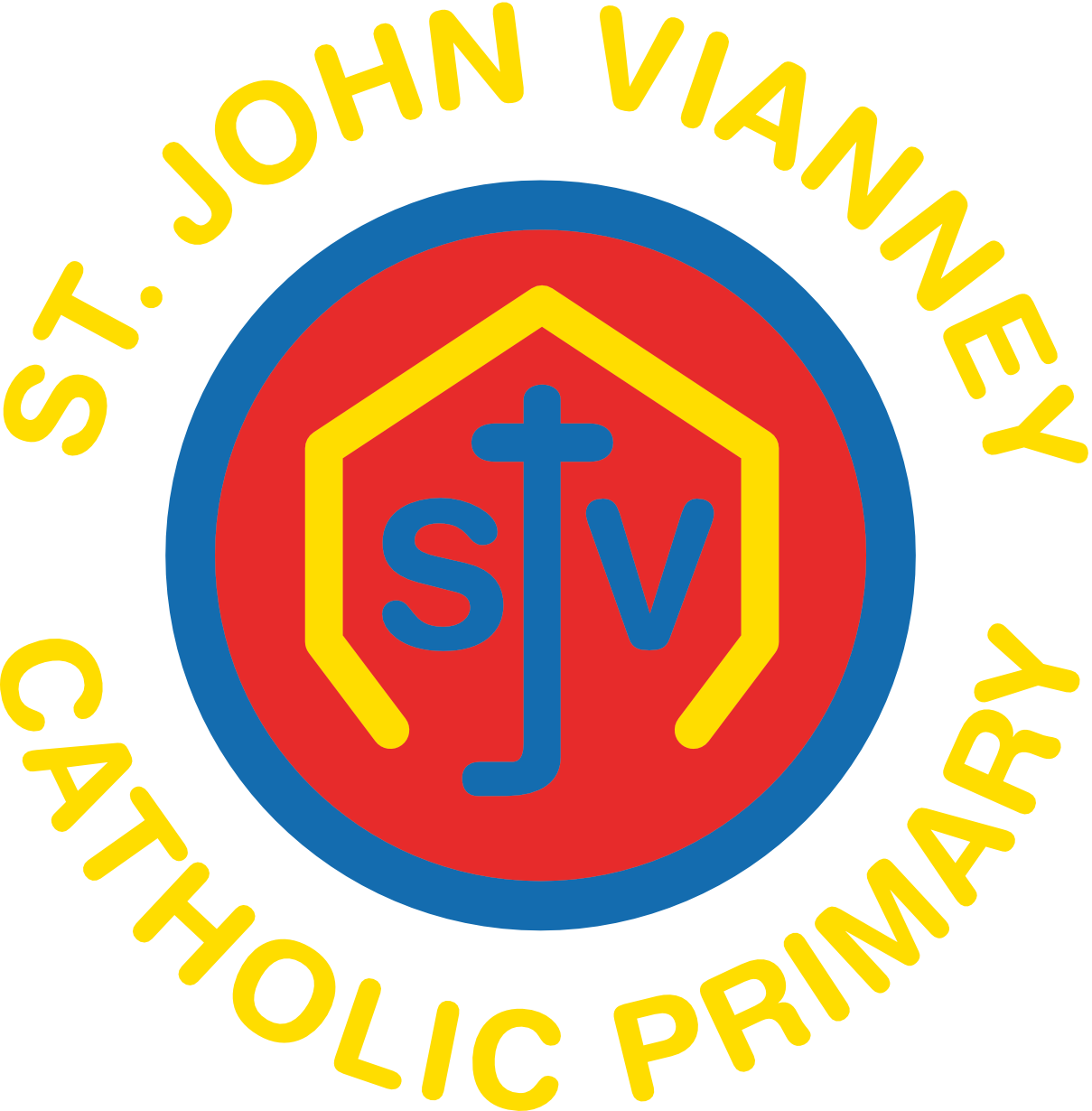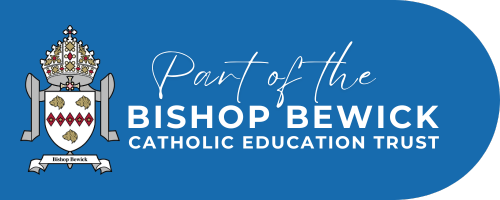
Maths
Maths
“Without mathematics, there’s nothing you can do. Everything around you is mathematics. Everything around you is number.”
Shakuntala Devi
INTENT:
At St John Vianney, the overall intent of our mathematics curriculum is to empower children with the knowledge, skills and understanding to become confident mathematical problem solvers. Through their school journey, they will develop conceptual understanding and the ability to recall and apply knowledge rapidly. Children will learn to reason and problem solve by applying mathematics to a variety of increasingly complex problems. They will also develop resilience that enables all children to reason and problem solve with increased confidence. We deliver a curriculum that allows pupils to be part of creative and engaging lessons allowing them to explore maths in depth, using mathematical vocabulary and concrete, pictorial and abstract representations to reason and explain their workings. The children are taught and encouraged to explain their choice of methods and develop their mathematical reasoning skills, whilst recognising that mathematics underpins much of our daily lives and children’s possible future careers. Drawing links between their learning in school and the wider world contextualizes and gives purpose to their maths work. We aim to provide a high-quality mathematics education with a mastery approach in line with the National Curriculum so that all children:
become fluent in the fundamentals of mathematics
reason mathematically
can solve problems by applying their mathematics
IMPLEMENTATION:
Reception, KS1 and KS2 follow Maths - No Problem! This spiral, mastery curriculum can be accessed by all pupils. The Maths - No Problem! programme is supported by a series of textbooks and workbooks written to meet the requirements of the maths National Curriculum, backed by decades of research, designed by experts and accredited by the DfE. Delivered by our class teachers, the programme guides learners through a structured lesson, in which they are able to discuss their mathematical thinking in pairs and within a whole class setting, delve deeper into a range of strategies and solve considered problems, which build upon one another to develop children’s mastery of each area of maths. Teachers ensure that children are supported to access the Maths – No Problem! scheme, and that learners who require it are given extra support, while children who grasp the mathematics at a more rapid pace are challenged and extended to deepen their understanding. For those children who are working outside of their year group curriculum, learning activities are adapted to ensure progress from each child’s individual starting point.
We deliver maths using the CPA (concrete, pictorial and abstract) approach. The concrete aspect of the CPA approach is using real life objects or mathematical manipulatives, whilst the pictorial stage is represented through diagrams and models, often building on the concrete materials that the children have previously used. Manipulatives and representations are powerful tools for supporting pupils to engage with mathematical ideas and we believe that all learners, no matter their ability or year group should have access to them in maths lessons. Finally, once children are secure in the mathematical concepts through exploring concrete and pictorial representations, they are introduced to abstract mathematical representations.
We recognise the need for children to revisit their mathematical learning over time. Alongside a curriculum that is spiral in design and allows children to revisit their grasp of concepts across the year, we ensure that opportunities are built into the school day to support retention of mathematical skills. Several mornings a week, children complete a set of ‘Tough Ten’ arithmetic questions, which utilizes age expected arithmetic skills. Furthermore, we have designed a ‘Maths Blast’ activity which allows children to revisit an area of learning from last lesson, last week, last topic and last year. The use of ‘Maths Blasts’ is progressive and children in KS1 begin by completing these verbally, before recording one a week in Year 2, two a week in KS2 and as many as three a week in Year 6. Children relish the opportunity to show what they have learned and remembered! From Year 2 – Year 6, children access a weekly arithmetic test, through which they are consistently revisiting key strategies and concepts.
Children in Reception to Year 2 are afforded an additional mathematical opportunity within the school day, through the Mastering Number scheme. Developed by the NCETM, Mastering Number is a set of short sessions which develop children’s basic understanding of number alongside use of a ‘rekenrek’. Sometimes referred to as the ‘phonics of maths’, the project aims to secure firm foundations in the development of good number sense for all children from Reception through to Year 1 and Year 2. The aim over time is that children will leave KS1 with fluency in calculation and a confidence and flexibility with number. Attention will be given to key knowledge and understanding needed in Reception classes, and progression through KS1 to support success in the future.
All children in school are provided with a Times Tables Rockstars log in, which allows them access to a fun and engaging way of learning their multiplication and division facts. Teachers are able to review children’s understanding and access gaps in their knowledge through the Times Tables Rockstars tool.
Early Years
In Early Years Foundation Stage, we relate the mathematical aspects of the children’s work to the Birth to 5 Matters document and the Early Learning Goals, as set out in the EYFS profile document. Mathematics development involves providing children with opportunities to develop and improve their skills in counting, understanding and using numbers; calculating simple addition and subtraction problems; and describing shapes, space, and measures. Children will develop their understanding through planned, purposeful play and through a mix of adult-led and child-initiated activity.
IMPACT:
Within St John Vianney, the profile of mathematics is increasing and children enjoy maths lessons. We have begun our journey into mastery mathematics and have moved away from a fluency bias towards a robust curriculum, where children are challenged and required to show perseverance and a growth mindset when reasoning and problem solving.
Please see the data included in the Maths Curriculum Statement on this page.
CULTURAL CAPITAL:
At St John Vianney, we approach cultural capital through maths. The Cultural Capital Learning Alliance defines cultural capital as a way to ‘celebrate and embrace the different backgrounds, heritage, language and traditions of all of the children living in this country.’ All children will come to St John Vianney with varied mathematical experiences and having grown up around a range of attitudes towards mathematics. Some children and parents may hold the belief that they are ‘not good at maths’ or ‘can’t do maths’.
At St John Vianney Catholic Primary School, we promote a varied curriculum that taps into many of the social, moral, spiritual and cultural elements that help prepare a child for the next step in their life. This is achieved in a multitude of ways, including opportunities to explore new activities through maths-linked clubs, such as STEM club, organizing and running charity events, prioritizing school trips (to venues such as Nissan) and through providing many opportunities for questioning, curiosity and creativity through the maths curriculum delivered.


